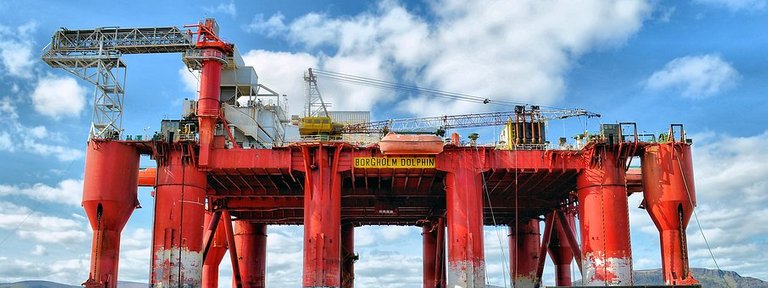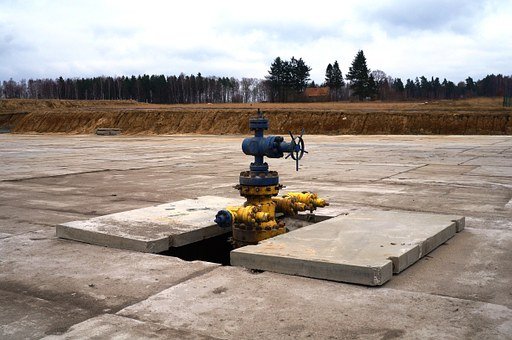Hello steemit!!!
Had a long and stressful day,had an unusual class today Saturday of all days after everything the class was interesting, I will like to share a little on what I learnt today
Drilling Operations

According to Oxford Advanced Learner's Dictionary of the 7th edition to drill means to make hole in something using a drill, from this we could say that drilling is defined as the process of making a hole.
To drill a hole you use a rotary drilling rigs by rotating a bit to which a downward force is applied. All rotary rigs have the same basic drilling equipment. After the hole is drilled, a section steel pipe (casing) which is slightly smaller in diameter than the borehole are used,they are placed in the hole made for drilling.

For oil and gas to be gotten from the reservoir hole is drilled many hundreds of meter into the rock formation to bring the oil and gas to the surface, the deeper the length of the hole the smaller the hole. Before drilling takes place we have what we call seismic survey, this seismic survey is designed and carried out by a geophysicist.
The geophysicist use seismic surveying to get a better view of the nature of the rock layers beneath the surface and can tell with that where the gas or oil is accumulated. Relatively low energy waves are usually generated and directed into the soil.
Drilling is usually done at very high pressure and temperature which is very risky and needs total carefulness to avoid damage and danger. This pressure could be abnormally high and could lead to serious accident, this could be controlled in the well during drilling operation with a mixture of weighting materials,clay,and chemicals with either water,diesel oil or mixture of both water and oil is used,the substances combined are called drilling mud. The weight of the drilling mud exerts a higher pressure than the pressure on the fluid in the subsurface(hydrostatic pressure) this allows an overbalance which will prevent fluids from the reservoir rock from entering the drilling well prematurely but if the reverse is the case (that is the pressure on the fluid is higher than that of the drilling mud) there will be an underbalance which causes what we call a "kick". If this kick occurs and its not controlled it will lead to a blowout. Blowout is defined as an uncontrolled flow of formation fluid into the well.
.....To be continued in subsequent Post.....
Thanks for Reading, hope you learnt something
@hibiz writes